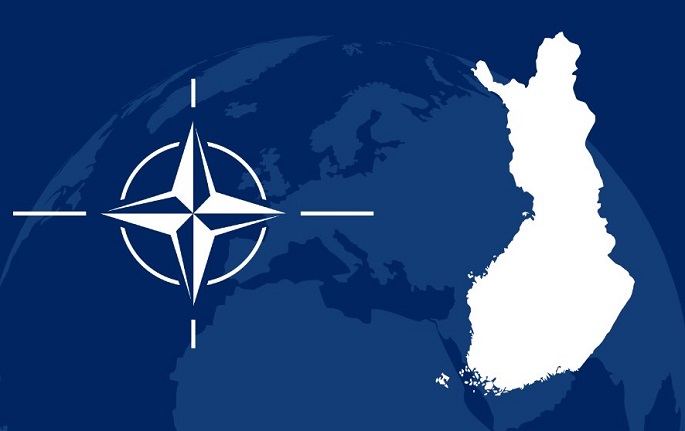NATO support remains high
Finns for a strong EU, Nat´l defense alongside NATO: survey
Published : 21 Dec 2023, 23:32
Updated : 21 Dec 2023, 23:37
The support for joining NATO among the Finnish people remained high in the fall and 82 percent would vote in favor of membership, according to a recent report.
The report published by "Dynamic Support for Security and Defense Policy (NATOpoll)" research project, where the same respondents are interviewed every six months, said the University of Helsinki in a press release on Thursday referring to the report.
Finnish views on the obligations and security policy decisions associated with NATO membership are relatively straightforward, said the report.
Finns support a strong NATO, consider Finland's active role in the defense alliance important, and are willing to invest in meeting the expectations and obligations following Finland's membership.
However, there is a limit to citizens’ otherwise high readiness to accept changes that may accompany membership in the defense alliance.
While the majority still critically views nuclear weapons as part of NATO membership, there has been a notable softening of attitudes.
In a measurement in June, only 27 percent were willing to allow the transportation of nuclear weapons through Finland, but this has increased to 38 percent in five months.
Similarly, one-fifth is now willing to deploy nuclear weapons on Finnish territory, which is significantly more than reported at the beginning of summer (14%). This can be seen as a clear indication of dynamically evolving public opinion within Finland’s general security environment.
A diverse approach to security is well-illustrated by the fact that bilateral commitments, such as the Defense Cooperation Agreement with the United States, are considered important alongside NATO membership.
Increasing cooperation in EU-level defense also receives strong support, although differences in attitudes toward the usefulness of European integration are evident. Maintaining and developing a strong national defense capability is also important to Finns.
Presidential candidates more unified than voters on combating climate change and biodiversity loss in foreign policy
The report also compares the views of citizens and presidential candidates [on potentially controversial issues]. Divisive themes include the demilitarization of Åland, anti-personnel mines, permitting the transportation of nuclear weapons, and gender-neutral conscription.
Candidates are clearly more unified than voters on the idea that combating climate change and biodiversity loss should be a central goal of foreign policy.
According to survey results, in the case of divisive themes, it is a case of a plurality of opinions rather than polarization, where one is either strongly for or against an outcome or policy.
“Finland’s support of NATO remains consistently strong, and public opinion moves toward sharing some responsibilities for nuclear deterrence. Simultaneously, support for climate and other environmental initiatives remains positive. Divisive issues include Åland demilitarization, female conscription, landmines, and territorial transport of nuclear weapons. The presidential candidates have the opportunity for lively debates about the prospects of global security development, Finland's future geopolitical and geoeconomic position, and the means of the international community and national governments to respond to increasingly encompassing security concerns,” project leader Hanna Wass and co-project leader S.M. Amadae said.
The newly published report, "Guarantees for multifold security concerns: Finns’ expectations for security and defense policy in in the lead-up to the 2024 presidential elections is based on survey designed by the NATOpoll research project and collected by Taloustutkimus from November 10 to November 23, 2023.
The survey was targeted at those individuals in Taloustutkimus's permanent internet panel who had responded to the first-round survey in June.
The survey includes 2,038 respondents aged 17–79, representing 71 percent of the first-round respondents. Second-round respondents were weighted to match the age, gender and location of the first-round respondents. The margin of error is approximately ±2.2 percentage points.
The project included researchers from the University of Helsinki, Tampere University, University of Turku, Åbo Akademi, and the Finnish Institute of International Affairs.


